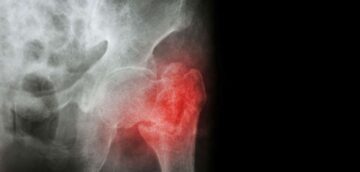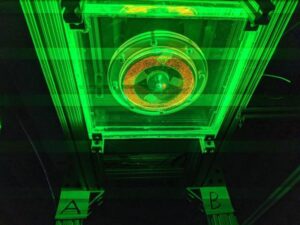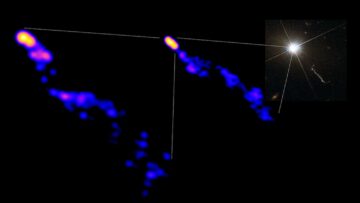Despite the recent emergence of multiple cellular and molecular strategies to restore vision in retinal disorders, it remains unclear to what extent central visual circuits can recover when retinal defects are corrected in adulthood. A new study by the University of California, Irvine School of Biological Sciences and the School of Medicine addressed this question by finding that the adult brain has the potential to recover from inherited blindness partially.
Scientists were looking for the treatment of Leber congenital amaurosis (LCA), a group of inherited retinal diseases distinguished by severe visual impairment at birth. The condition could lead to degeneration or dysfunction in the retina’s photoreceptors.
Children with LCA may benefit significantly from administering synthetic retinoids, chemical compounds targeting the retina. The UCI team was interested in learning whether adults with the condition would benefit from the treatment.
Sunil Gandhi, professor of neurobiology and behavior and the corresponding author, said, “Frankly, we were blown away by how much the treatment rescued brain circuits involved in vision. Seeing involves more than intact and functioning retinae. It starts in the eye, which sends signals throughout the brain. It’s in the central circuits of the brain where visual perception arises.”
Until now, scientists believed that the brain must receive those signals in childhood so central circuits could wire themselves correctly. In their study, scientists worked with rodent models of LCA. They were surprised after finding the results.
Gandhi said, “The central visual pathway signaling was significantly restored in adults, especially the circuits that deal with information coming from both eyes. Immediately after the treatment, the signals coming from the opposite-side eye, the dominant pathway in the mouse, activated two times more neurons in the brain. Even more mind-blowing was that the signals from the same-side eye pathway activated five-fold more neurons in the brain after the treatment, and this impressive effect was long-lasting.”
“The restoration of visual function at the level of the brain was much greater than expected from the improvements we saw at the level of the retinae. The fact that this treatment works so well in the central visual pathway in adulthood supports a new concept: that there is latent potential for the vision just waiting to be triggered.”
“The finding opens exciting research possibilities. Whenever you have a discovery that breaks with your expectations about the possibility for the brain to adapt and rewire, it teaches you a broader concept. This new paradigm could aid in developing retinoid therapies to more completely rescue the central visual pathway of adults with this condition.”
Journal Reference:
- Carey Y. L. Huh, Henri Leinonen ET al. Retinoid therapy restores eye-specific cortical responses in adult mice with retinal degeneration. Current Biology. DOI: 10.1016/j.cub.2022.09.005











